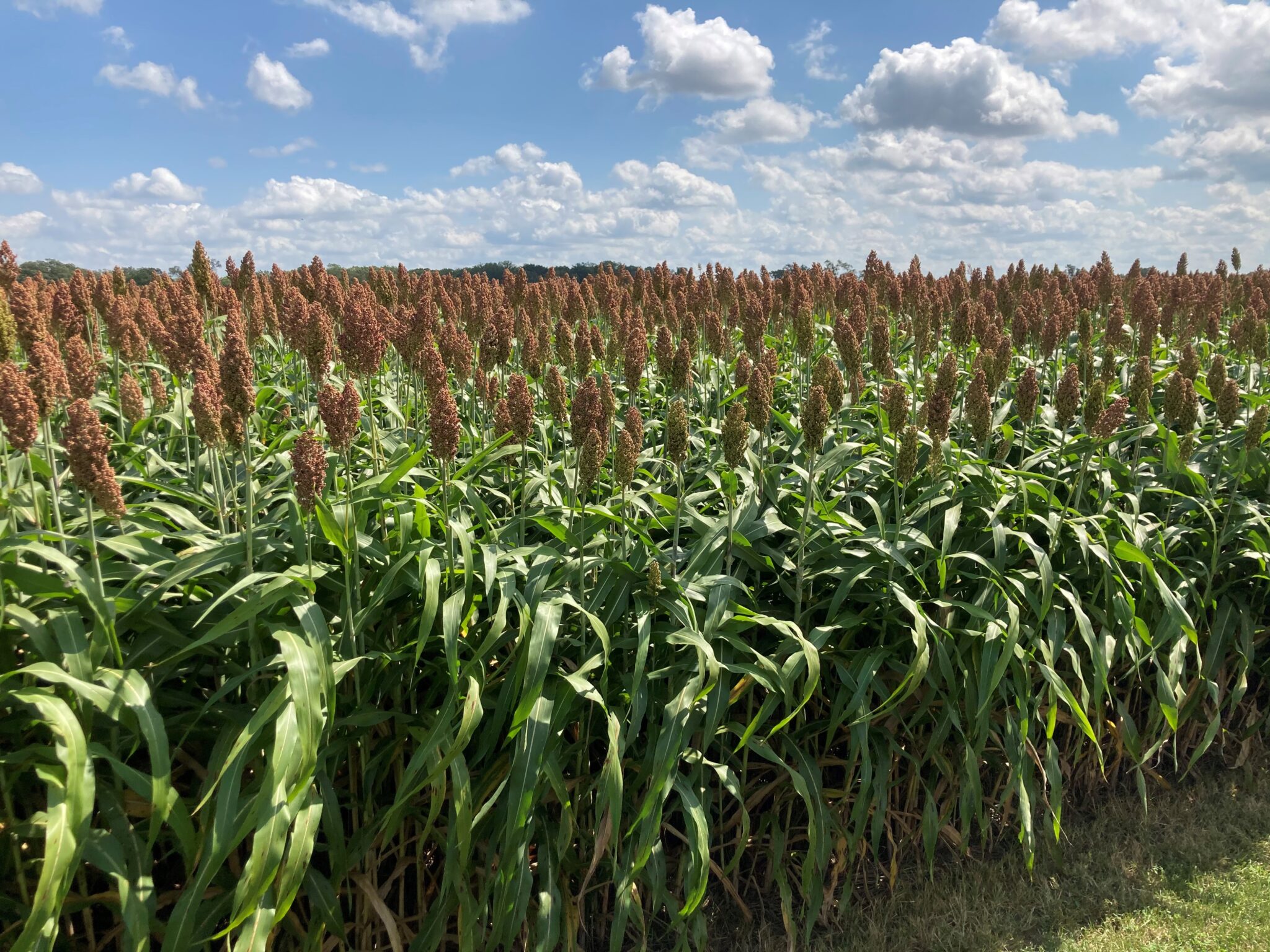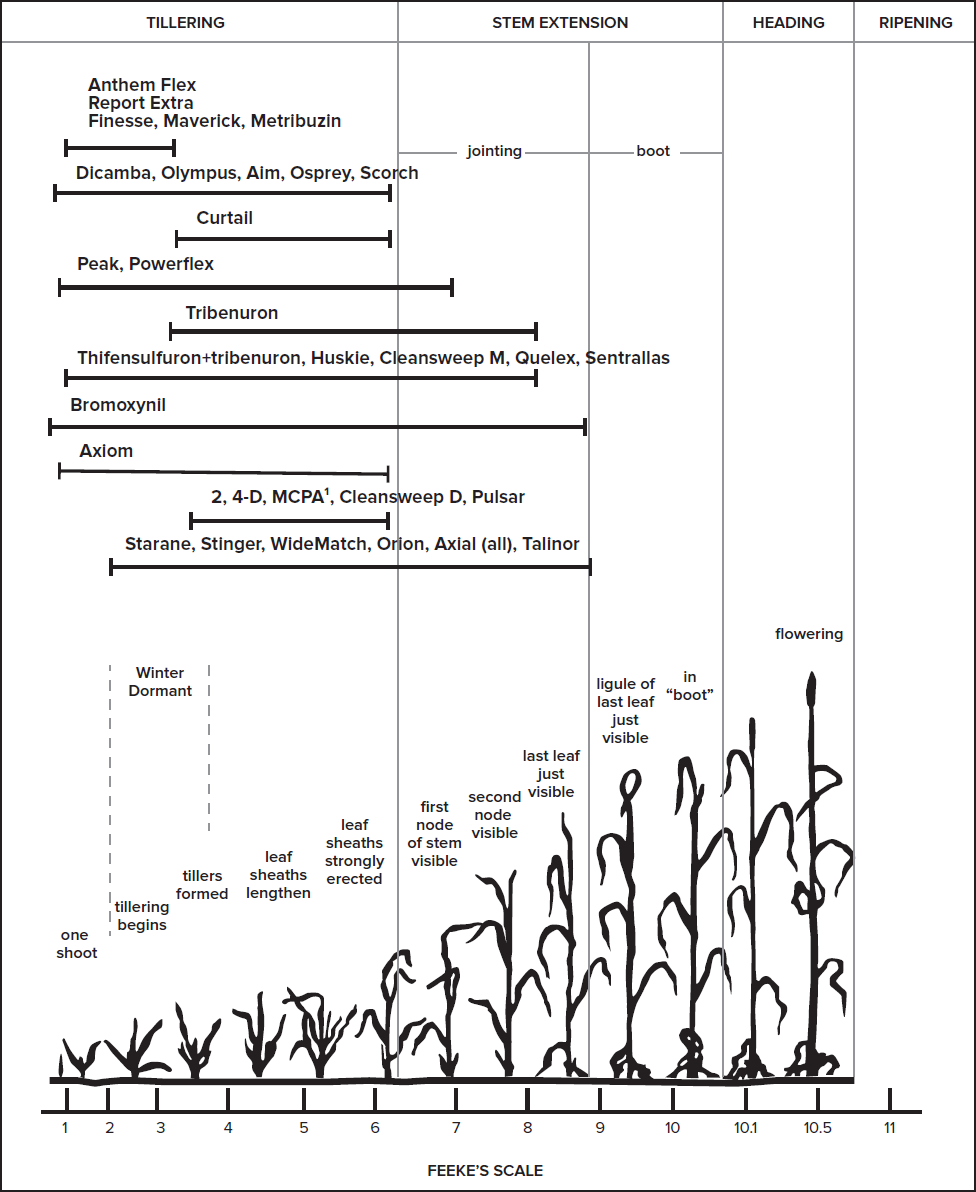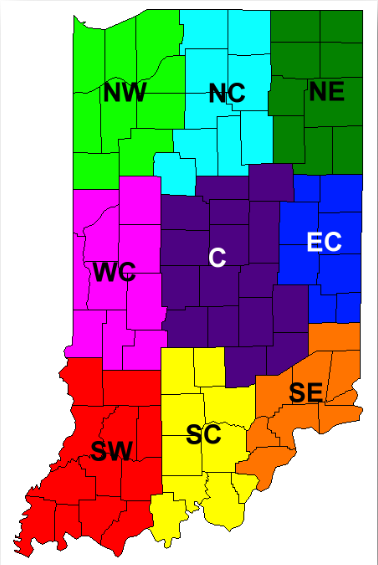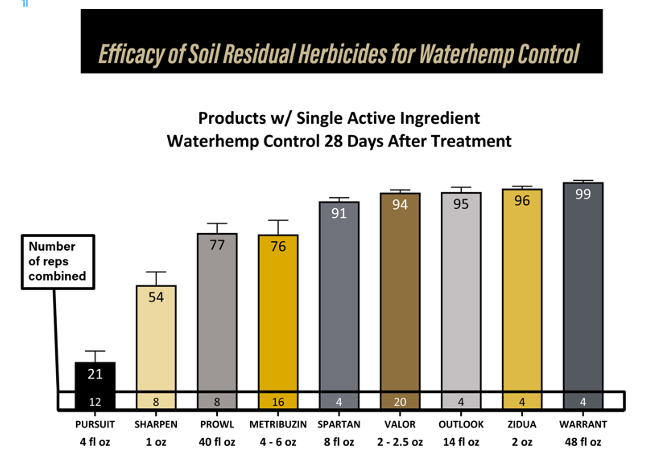
Corn is an excellent silage crop. However, if corn harvested as silage has lost yield potential and forage quality the last several years because of tar spot, maybe an alternative to consider is forage sorghum.

Corn is an excellent silage crop. However, if corn harvested as silage has lost yield potential and forage quality the last several years because of tar spot, maybe an alternative to consider is forage sorghum.

The warmer temperatures experienced in Indiana over the past weekend and the forecast for warmer temperatures moving forward will allow winter wheat fields in Indiana to green up and resume growth.

Starter 2×2 fertilizer in corn does not consistently increase grain yield but frequently reduces grain moisture at harvest by as much as 1.5 percentage points.
Purdue Extension’s corn and soybean specialists are back for another edition of Purdue Crop Chat. Dr. Shaun Casteel and Dr. Dan Quinn are joined on this episode by Dr. Shalamar Armstrong, associate professor of soil conservation and management at Purdue, to discuss soil health practices, the impacts of certain cover crops, and the emerging carbon credit markets that are generating a lot of interest from farmers. The Purdue Crop Chat is presented by the Indiana Corn Marketing Council and Indiana Soybean Alliance. Your Indiana corn and soybean checkoff investments yesterday are paying off today. New research, new uses, demand creation — bringing dollars back to the farm. Check it out at YourCheckoff.org. Hear the full podcast.
Phosphorus (P) and potassium (K) recommendations are made based on results of recent and representative soil samples.
The 2022 Popcorn Agri-Chemical Handbook is available to ensure everyone in the popcorn industry is informed about products registered for use on popcorn or in popcorn storage facilities.

This report summarizes corn yield response to fertilizer nitrogen (N) rate in field-scale trials conducted around the state of Indiana since 2006. These results are applicable to N management programs that use efficient methods and timings of N fertilizer application.
Frankly, today’s agricultural world is teeming with misinformation, half-truths, pseudo-data, bogus ideas, and sincere but incompetent researchers.
Those interested in growing, handling, or researching hemp in 2022 need to apply for a license through the Office of the Indiana State Chemist.

One of the topics that we get many questions about is picking a residual herbicide for soybean production that helps with waterhemp control.
© 2026 Purdue University | An equal access/equal opportunity university | Copyright Complaints | Maintained by Pest&Crop newsletter
If you have trouble accessing this page because of a disability, please contact Pest&Crop newsletter at luck@purdue.edu.